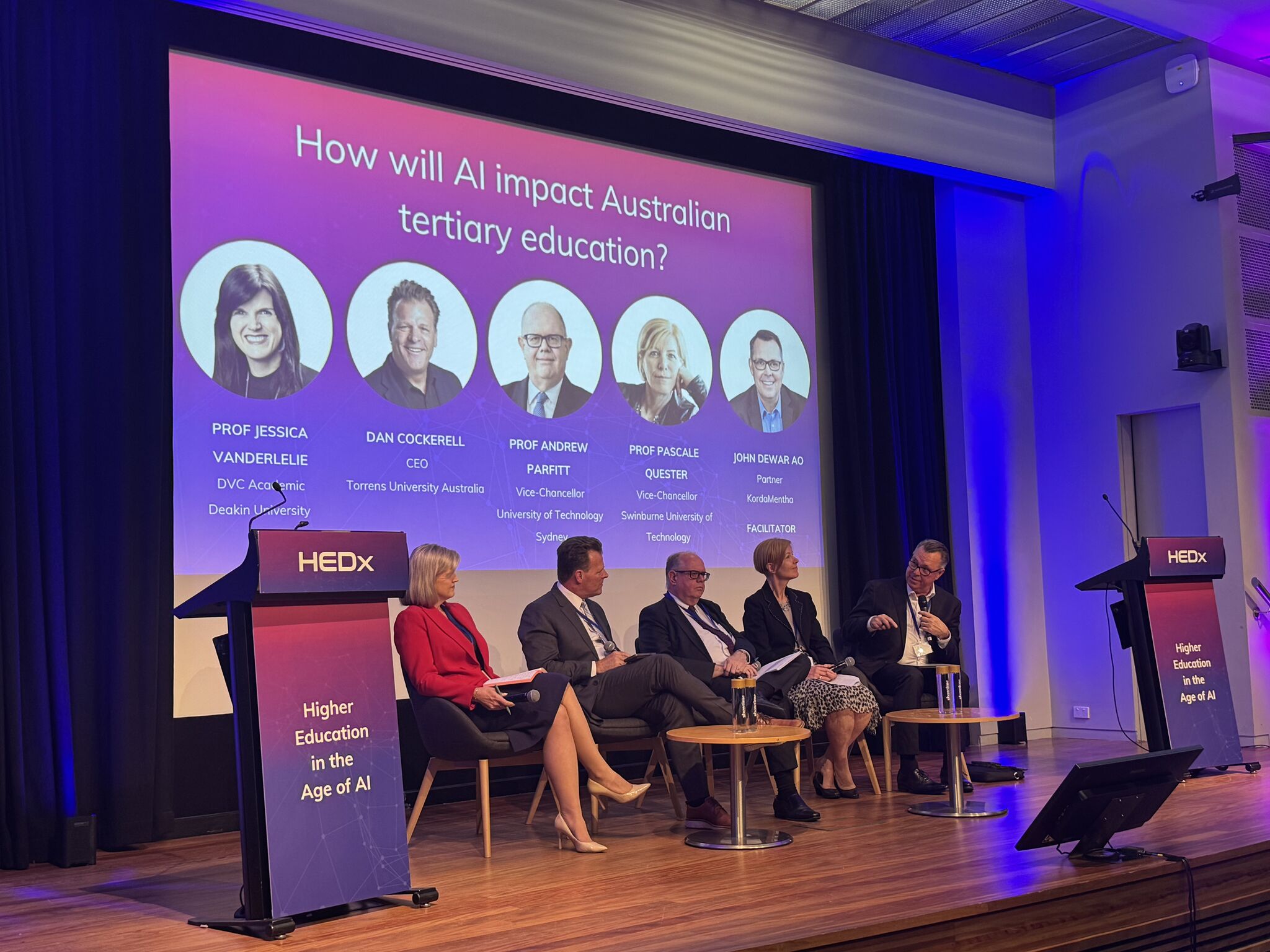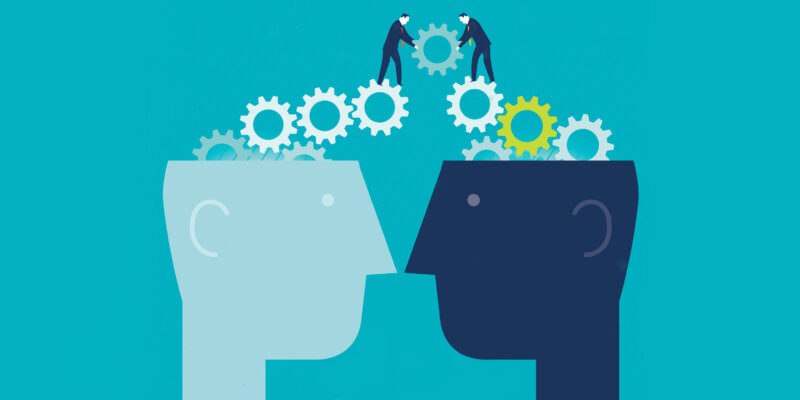Category: AI
-

HEDx: The future of AI in an education-driven world!
On an intensely luminous April day in Melbourne, the State Library of Victoria became a hub for discussions about artificial intelligence (AI) and its place within higher education. The HEDx forum, hosted by La Trobe University, brought together leaders from universities, industry, and policy to explore how universities can navigate the opportunities and challenges presented
-

AI in Higher Education Symposium Review (Sydney, 7 February, 2025)
Here is a review of the AI in Higher Education Symposium at the University of Sydney on Friday, February 7, 2025. These are all the sessions that I attended (and there were lots!). I have incorporated the information from my notes and the conference program and used NotebookLM to assist in the compilation. Introduction The
-

ASCILITE 2024 Conference Review
The Australasian Society for Computers in Learning in Tertiary Education (ASCILITE) conference is the premier scholarly event in Australia and New Zealand for tertiary educators interested in technology-enhanced learning. The diverse range of presentations, panels, and workshops explored the latest trends and innovations in the field. Three prominent themes emerged from the conference: Generative AI,
-

Three assessment examples using AI tools
The following assessments utilise AI tools to help students exhibit higher-order thinking skills. They are designed to evaluate student learning in ways that align with contemporary needs. These assessments focus on tasks requiring students to apply their knowledge in meaningful contexts rather than relying on traditional assessments that often overlook essential skills such as teamwork.
-

Ten Competencies for Teachers in Higher Education, Post-AI
This sounds like much work, but these ten competencies may serve as a light on the hill for professional development on the “jaded edge” of AI in education. This is a noisy space, and an excellent way to move forward is through developing new skills and augmenting hard-earned older ones in critical areas. I will
-

Review of (some) debates in AI and Assessment
Since the public release of general-purpose AI tools in November 2022, the role of these technologies in educational assessment has become a significant point of discussion among educators. There is a growing consensus that thoughtful integration of AI into educational practices is essential. The goal is to equip students with the knowledge and skills to
